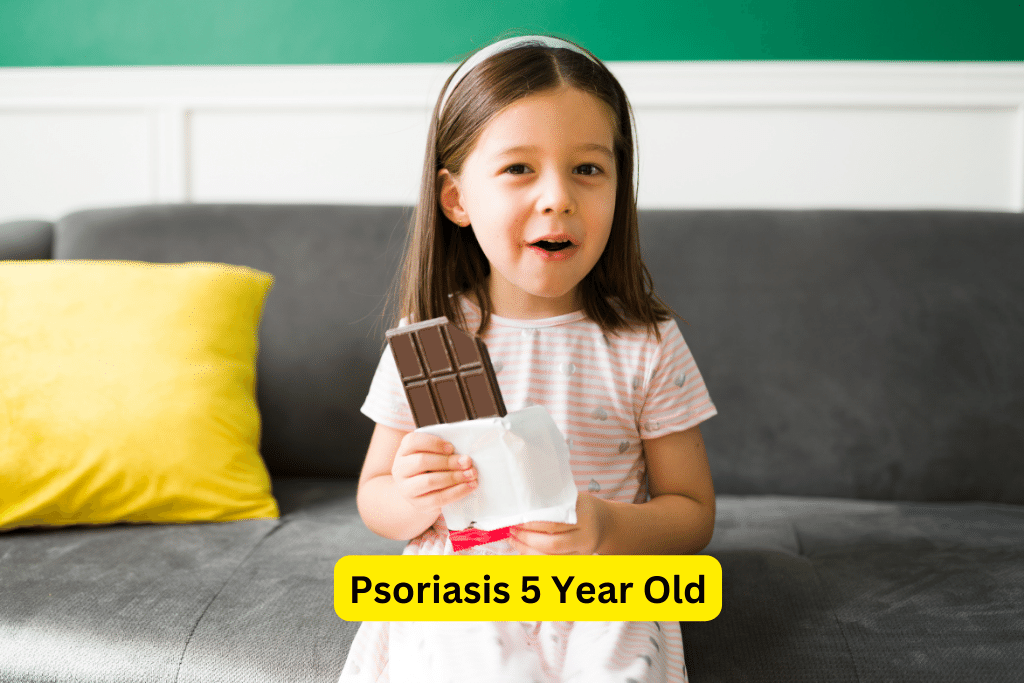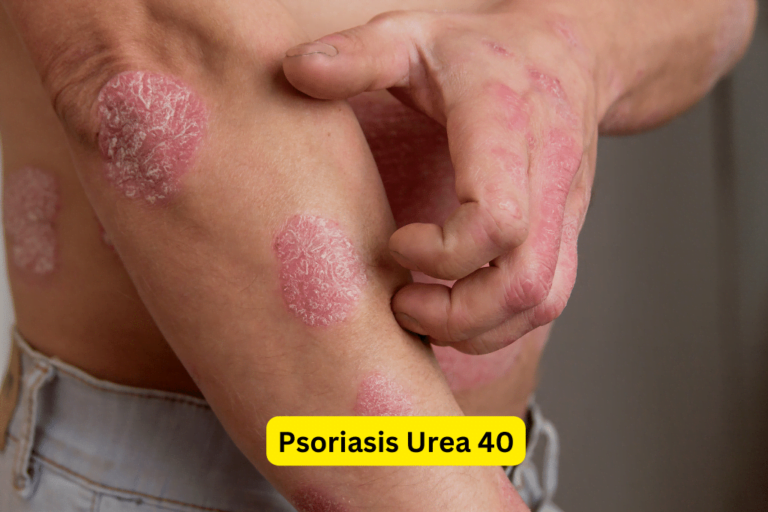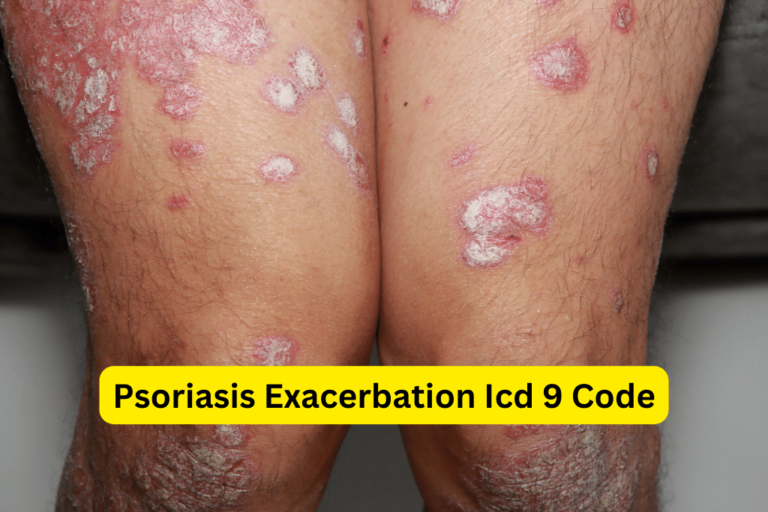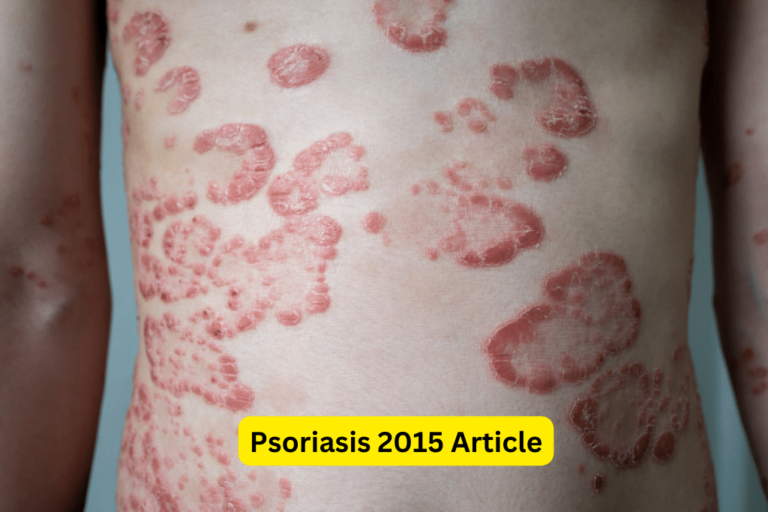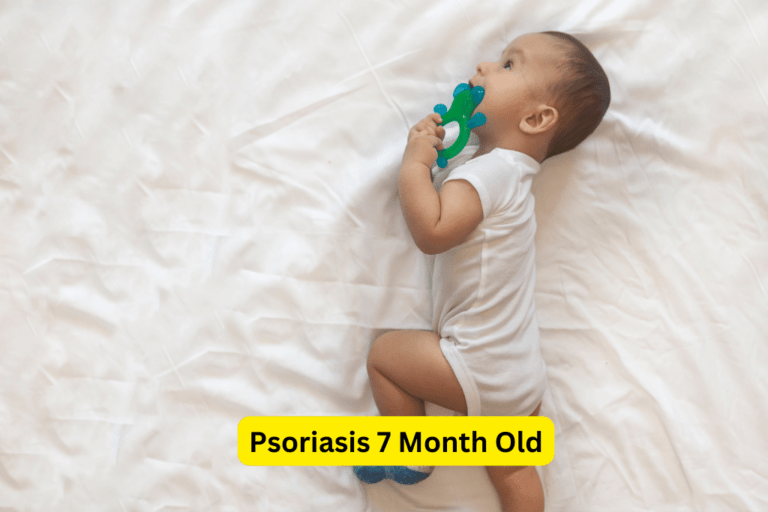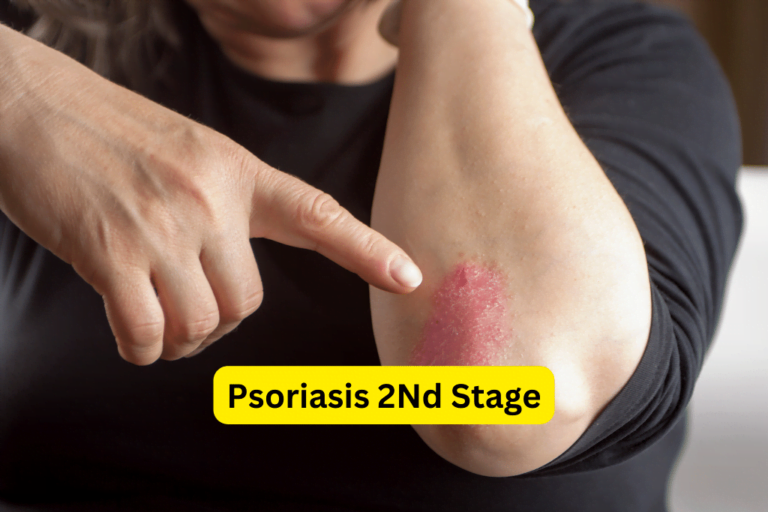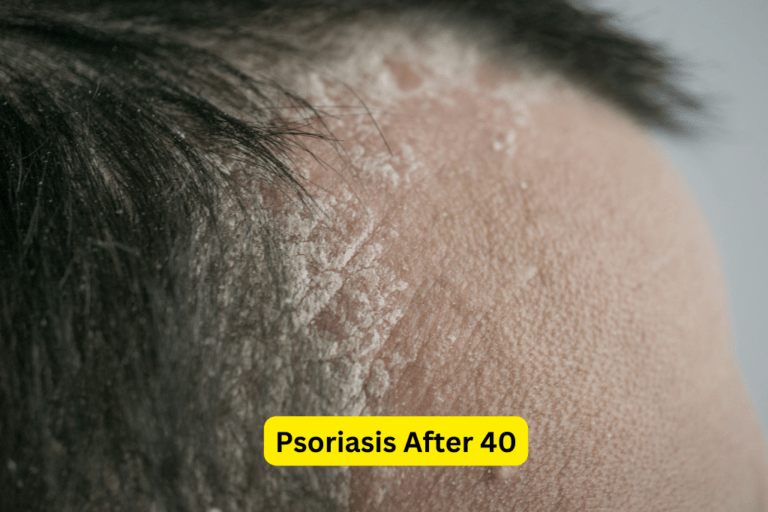Psoriasis in 5-Year-Olds: Symptoms, Treatments, and Management
Psoriasis 5 Year Old
Psoriasis is a chronic autoimmune skin condition that typically affects adults. However, it can also occur in young children, including 5-year-olds. Understanding the causes, symptoms, and treatment options for psoriasis in this age group is crucial for managing the condition and improving the child’s quality of life.
Definition and Overview of Psoriasis in 5-Year-Olds
Understanding Psoriasis
Psoriasis is a non-contagious skin disorder characterized by the rapid buildup of skin cells, leading to the formation of red, scaly patches on the skin’s surface. It occurs due to a faulty immune system response, where the immune system mistakenly attacks healthy skin cells.
Prevalence in 5-Year-Olds
Psoriasis in 5-year-olds is relatively rare compared to adults. However, it can still occur, and it’s important for parents and caregivers to be aware of the condition and its potential impact on the child’s well-being.
Causes of Psoriasis in 5-Year-Olds
Several factors contribute to the development of psoriasis in 5-year-olds:
Genetic Factors
Psoriasis has a genetic component, and children with a family history of the condition are more likely to develop it. Research suggests that certain gene mutations can increase the risk of psoriasis, including those involved in the immune system and skin health.
Environmental Triggers
Environmental factors can trigger psoriasis flare-ups in susceptible individuals, including 5-year-olds. Common triggers include:
Infection
Infections, particularly streptococcal throat infections, have been linked to the onset and exacerbation of psoriasis. Streptococcal infections can trigger an overactive immune response, leading to the development of psoriasis in genetically predisposed individuals.
Stress and Emotional Factors
Stress and emotional factors can play a role in triggering and worsening psoriasis flare-ups in children. Stress can disrupt the immune system and exacerbate inflammation, leading to the development or worsening of psoriasis symptoms.
Climate and Weather
Climate and weather conditions can influence psoriasis symptoms. Cold, dry weather tends to worsen symptoms, while warm, humid weather may provide some relief. However, individual responses to weather can vary.
Symptoms of Psoriasis in 5-Year-Olds
Psoriasis in 5-year-olds presents with various symptoms:
Red, Patchy Skin
Psoriasis causes raised, red patches of skin that are often covered with silvery scales. These patches can appear anywhere on the body, including the scalp, elbows, knees, and trunk.
Itching and Irritation
The affected skin may itch and feel irritated, leading to discomfort and distress for the child.
Scaling and Flaking
Psoriasis can cause the skin to become dry, flaky, and prone to peeling. The shedding of these scales is a characteristic feature of the condition.
Nail Changes
In some cases, psoriasis can affect the nails, leading to pitting, discoloration, and changes in nail shape.
Diagnosing Psoriasis in 5-Year-Olds
Diagnosing psoriasis in 5-year-olds typically involves:
Physical Examination
A dermatologist will examine the child’s skin, looking for characteristic psoriasis symptoms such as red patches, scales, and nail changes.
Dermatological Tests
In some cases, a skin biopsy may be performed to confirm the diagnosis. This involves taking a small sample of skin tissue for analysis.
Differential Diagnosis
Psoriasis may be misdiagnosed in young children due to the similarity of symptoms with other skin conditions, such as eczema. A dermatologist will carefully consider the child’s symptoms and medical history to make an accurate diagnosis.
Treatment Options for Psoriasis in 5-Year-Olds
Topical Treatments
Topical treatments are the first line of treatment for psoriasis in children:
Emollients and Moisturizers
Emollients and moisturizers help hydrate the skin and relieve dryness and itching. Regular and liberal application can improve symptoms and prevent flare-ups.
Topical Steroids
Topical steroids are commonly used to reduce inflammation and itching. They can be applied to affected areas for a limited duration under the guidance of a healthcare professional.
Calcineurin Inhibitors
Calcineurin inhibitors are a class of topical medications that help suppress the immune response and reduce inflammation. They are generally considered safe and effective for use in children.
Coal Tar Preparations
Coal tar preparations have been used for many years to treat psoriasis due to their anti-inflammatory and anti-scaling properties. However, they may have an odor and can stain clothing.
Phototherapy
Phototherapy involves exposing the skin to controlled doses of ultraviolet (UV) light to reduce skin inflammation and slow down the excessive growth of skin cells:
UVB Therapy
UVB therapy involves regular sessions of exposing the affected skin to UVB light, either with a UVB light box or natural sunlight.
Excimer Laser Therapy
Excimer laser therapy targets specific areas of the skin with focused UVB light, providing more targeted treatment and reducing the risk of side effects.
Systemic Medications
In severe cases of psoriasis in 5-year-olds, systemic medications may be considered under the guidance of a pediatric dermatologist:
Methotrexate
Methotrexate is an immune-suppressing medication that helps reduce skin cell turnover and inflammation. It is typically reserved for severe cases of psoriasis in children.
Cyclosporine
Cyclosporine is an immunosuppressant that can be effective in managing severe psoriasis symptoms. However, it should be used with caution due to potential side effects.
Biologic Drugs
Biologic drugs target specific components of the immune system involved in the development of psoriasis. They are typically reserved for severe or treatment-resistant cases and may require careful monitoring.
Lifestyle Modifications
In addition to medical treatments, certain lifestyle modifications can help manage psoriasis symptoms and improve overall well-being:
Skin Care Tips
Implementing a gentle skin care routine is important to prevent skin dryness and minimize irritation. Keep the skin clean, moisturized, and avoid harsh soaps and hot water.
Stress Management
Managing stress is crucial for preventing psoriasis flare-ups. Encourage relaxation techniques, mindfulness exercises, and provide emotional support for your child.
Dietary Recommendations
While there is no specific psoriasis diet, maintaining a balanced and nutritious diet can support overall health. Encourage a diet rich in fruits, vegetables, whole grains, and lean proteins.
Managing Psoriasis in 5-Year-Olds
Coping Strategies for Parents
Parents of 5-year-olds with psoriasis can employ various coping strategies:
Education and Support
Learn about psoriasis and how to manage the condition effectively. Seek support from healthcare professionals and join support groups to connect with other families facing similar challenges.
Encouraging Open Communication
Encourage your child to express their feelings and concerns about their psoriasis. Create a safe and open environment for discussion and provide reassurance and understanding.
Strategies for Relieving Symptoms
Moisturizing Routine
Implement a regular moisturizing routine to keep the skin hydrated and prevent dryness and itching. Apply emollients or moisturizers immediately after bathing.
Avoiding Triggers
Identify and avoid triggers that worsen your child’s psoriasis symptoms. Common triggers may include certain foods, stress, environmental factors, or specific activities.
Gentle Skin Care Practices
Teach your child gentle skin care practices, such as patting the skin dry instead of rubbing and avoiding harsh scrubs or abrasive materials that can irritate the skin.
Preventing Psoriasis Flares in 5-Year-Olds
Identifying Triggers
Common Triggers
Keep a record of potential triggers and observe how they may affect your child’s psoriasis symptoms. Common triggers include stress, certain foods, allergies, skin injuries, and infections.
Allergy Testing
If your child’s psoriasis symptoms seem to be triggered by certain foods or substances, consider consulting an allergist for allergy testing. Identifying and avoiding allergens can help prevent flare-ups.
Building Immune System Health
Balanced Diet
Encourage your child to follow a balanced diet rich in fruits, vegetables, whole grains, and lean proteins. Adequate nutrition can support a healthy immune system.
Regular Exercise
Promote regular physical activity and exercise for your child. Exercise can boost immune system function and overall well-being.
Good Sleep Hygiene
Ensure your child gets enough sleep and follows a consistent sleep routine. Quality sleep is essential for a healthy immune system and overall health.
Conclusion
Psoriasis in 5-year-olds can pose unique challenges, but with proper treatment and management strategies, it is possible to alleviate symptoms and improve the child’s quality of life. Early diagnosis, appropriate medical interventions, lifestyle modifications, and a supportive environment are key to managing this condition effectively.
Final Thoughts on Psoriasis in 5-Year-Olds
While psoriasis in 5-year-olds may present challenges, with a comprehensive approach involving medical treatments, lifestyle modifications, and emotional support, the condition can be managed successfully. Further research and advancements in treatment options offer hope for improved outcomes in the future.
"Have You Seen Mike Walden's new holistic acne System yet? It's called "Acne No More" I've read the whole thing (all 223 pages) and there's some great information in there about how to naturally and permanently eliminate your acne without drugs, creams or any kind of gimmicks. I highly recommend it - it's very honest and straightforward without all the hype and b.s. you see all over the net these days. Here's the website where you can get more information:
Click Here -->AcneNoMore


